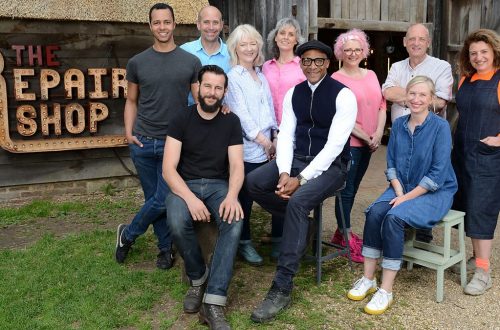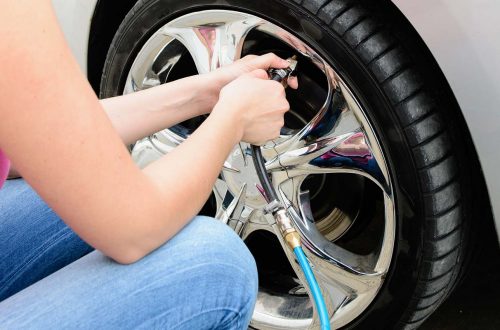What Does it Take to Be a Plumber Today

What Does it Take to Be a Plumber?
A plumber is a professional who installs potable water and sewage systems. Plumbers also specialize in drainage systems. They are highly trained and educated in these areas. As a result, they are in a high demand. There are several types of plumbers. Each one specializes in a particular area.
Qualifications
Plumbing requires exceptional problem-solving and communication skills. Plumbers must be able to evaluate a situation and decide on the best course of action without hesitation. They should also be able to work under pressure and be flexible. They may need to work overtime to accommodate customer needs. And they must be able to work under pressure, because they may be called on to repair plumbing issues late at night.
Most plumbing jobs require some education or training. An apprenticeship can provide you with the experience and knowledge you need. Apprentices typically need five GCSEs in English and maths, and must have excellent practical skills. Some employers will pay to train you as long as you are willing to spend time learning the trade. If you’re interested in plumbing as a career, you can also pursue a degree in engineering or plumbing.
Job duties
The job duties of a plumber include repairing leaky pipes and clogged drains. They also clean up debris that accumulates during renovation projects. A plumber is required to be physically fit and have good problem-solving skills. They must be able to lift heavy pipes and work in all types of weather. They also need to be able to communicate well and be comfortable dealing with customers.
Plumbers are required to have a license in most states. They must have between two and five years of experience and must pass a state exam. In addition to training, plumbers must have a good understanding of the workings of plumbing systems. They should be knowledgeable about water conservation devices and safety standards.
Salary
Plumbing is an occupation that requires critical thinking and verbal communication skills. These skills help plumbers to understand a customer’s needs and make a solution to a problem. The profession also demands physical stamina and strength to lift heavy tools and equipment. Luckily, the job outlook for plumbers is good and job growth is expected to increase 15% by 2026, which is faster than average for all occupations. However, this growth is dependent on the state of the economy.
Depending on the level of education and experience, the salary of a plumber may increase. Those with less than two years of experience earn around 1,430 EUR per month, while those with two to five years of experience earn up to 2,490 EUR. Plumber in Moreno Valley By the time you reach ten years of experience, your salary more than doubles.
Job security
As a plumbing technician, you are usually the only employee working in a client’s home. This means that there is no boss to keep an eye on your work. While there are many benefits to being your own boss, plumbers also face some downsides. One of these is that you may have to deal with clients who may not always be appreciative of your work. As such, it is important to be able to handle such situations and still do a quality job.
There is a great demand for plumbers in the United States. As water systems become more complicated, more plumbers will be needed. According to the Bureau of Labor Statistics, employment in plumbing will grow by 14 percent through 2028. This means that you will never run out of work. Plus, plumbing is not a field that can be automated, so the job security is good.


